The unity deal between President Uhuru Kenyatta and Opposition leader Raila Odinga is bearing fruit. The political truce sealed on March 9 after two disputed polls in 2017 was touted as the panacea not only for peace in the country, but also for economic take off.
Its results have started to manifest in the country, with businesses enjoying boom and the shilling hitting a two year-high last Tuesday.
The shilling has been on an upward trend since the signing of the pact in Nairobi which surprised both friends and foes.
At the time, the two leaders were signing the deal, the shilling was standing at 101.05 to the dollar. The Kenyan shilling on Tuesday clocked 100.40, a two-year high, with the surge attributed to the current stable political environment. On Friday, the shilling touched 99.95 to the dollar in early trading.
Analysts noted that the positive political environment has led to a stable macro-economic environment that has come as a huge boost to the shilling.
The stability, according the analysts, has helped boost foreign investors’ confidence in the economy leading to a rise in inflows, for instance at the debt market.
The inflows have in turn piled up the gross foreign exchange reserves to stand at $8.8 billion, according to the Central Bank of Kenya.
“The massive amount of inflows have provided a buffer to the shilling, since the Central Bank can respond adequately if it faces pressure from international currencies,” said Henry Wandera, an economics lecturer in Nairobi.
Wandera noted that the political settlement had far-reaching positive consequences on the economy, as it is what the country needed after grueling elections.
“It is the key that was needed to unlock the country’s economic potential after the disputed elections. We could not grow economically, socially and politically in such a polluted environment. It was foresight on the part of the two leaders,” he said.
Small businesses and large corporations in the East African nation have equally started to reap the fruits of the political settlement.
“I can confidently say business has improved following the political handshake between Odinga and Kenyatta. Before the handshake, I didn’t have any orders for my company and it was struggling but last week I supplied 20 computers to a non-state organisation,” said Gilbert Otiato, a computer dealer in Nairobi’s central business district.
Otiato noted that the negative political environment had made businesses refrain from committing financial resources.
“Many organisations were only paying salaries and buying essential things during the political turmoil but the deal unlocked business,” he said.
Kiprono Kittony, the chairman of the Kenya National Chamber of Commerce and Industry, recently noted that the unity between the two leaders brought relief to the country that was deeply divided and restored confidence in the markets and would boost the economy.
“In the wake of the Odinga-Kenyatta pact, the opportunity for the private sector to meaningfully contribute to the development of Kenya has never been greater,” he said.
The Kenyan economy is expected to grow by an average of 5.5% in 2018, according to updated projections by various organisations, including the World Bank, Oxford Economics, Stanbic Bank and the Central Bank.
READ: MP Shah defends Sh855,000 per night bill
Before the unity deal, some organisations had predicted that the country’s economy would grow by as low as 4.6%.
The World Bank, which forecast that the country’s economy would grow by 5.5% in 2018, up from the estimated 4.8% in 2017, says the surge would be driven by the improved political environment, improvement in agricultural output due to better rains and recovery in the global economy supporting a rebound in business sentiment, which is expected to support a broad-based recovery in private investment.

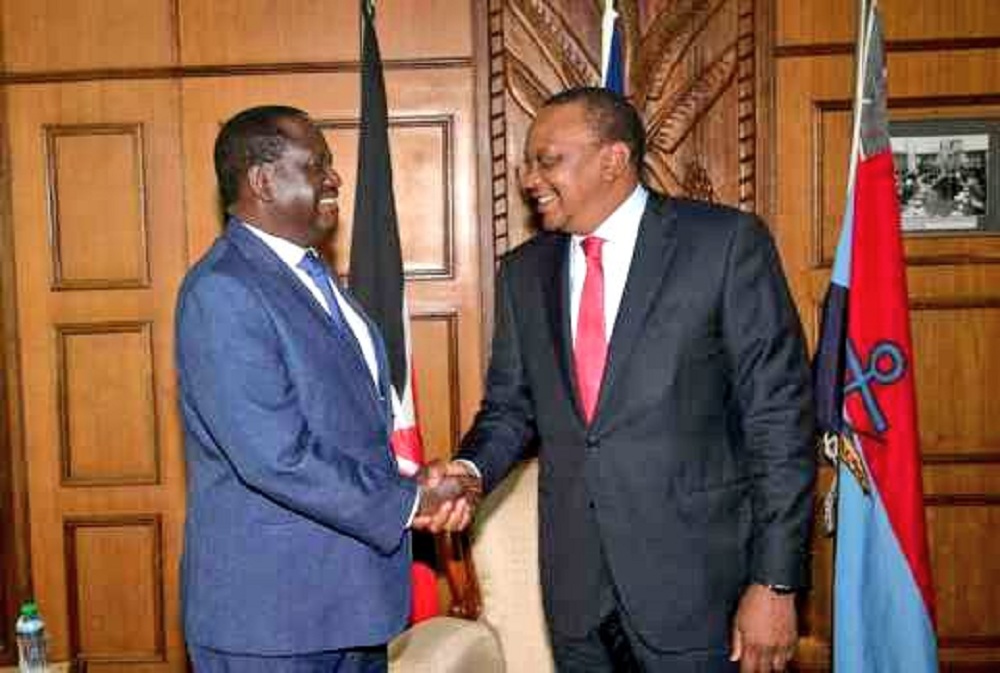




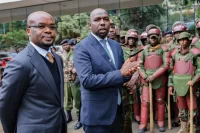


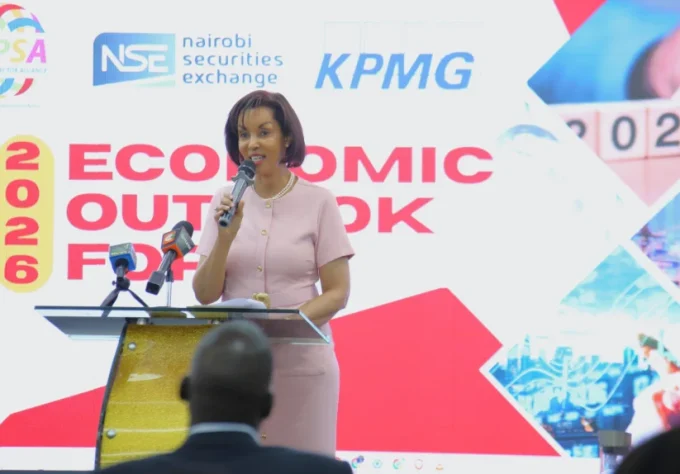
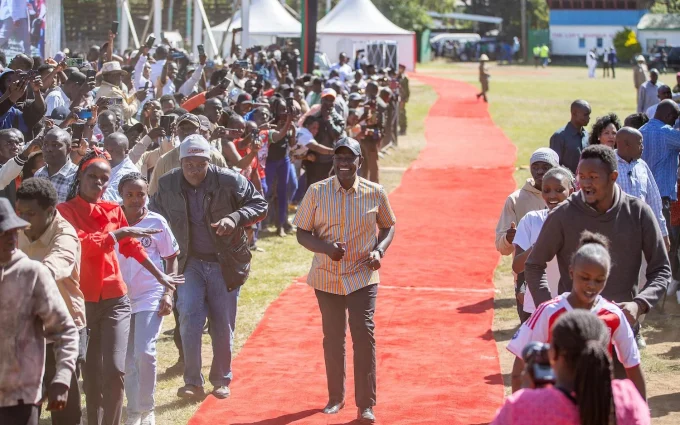
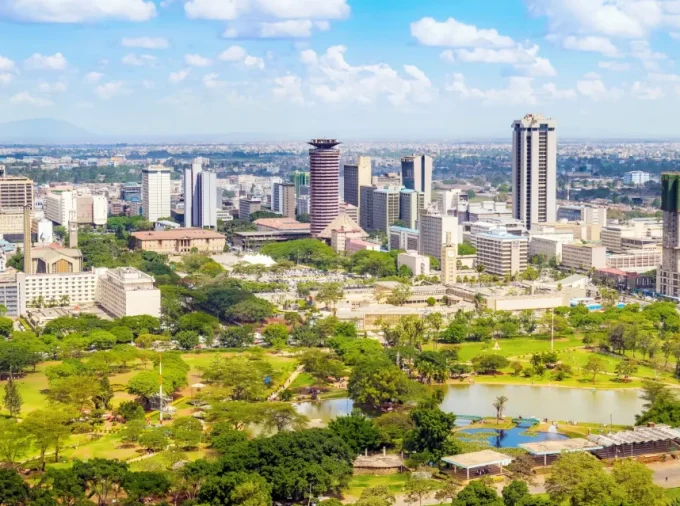

Leave a comment